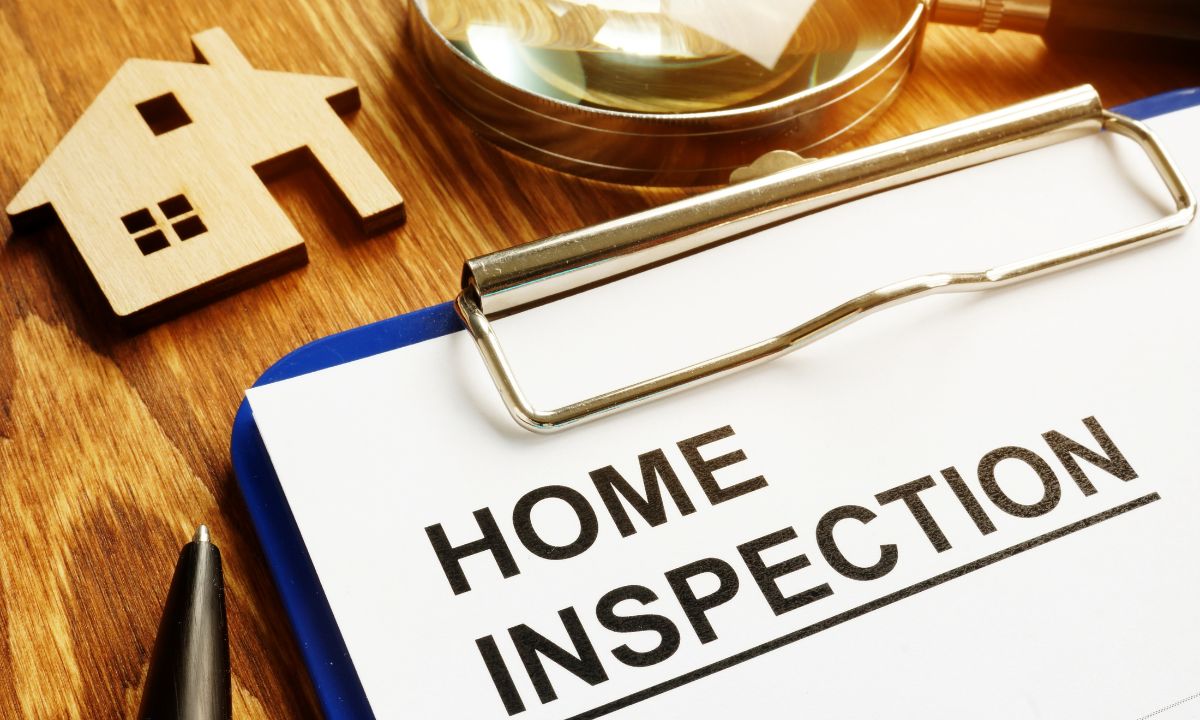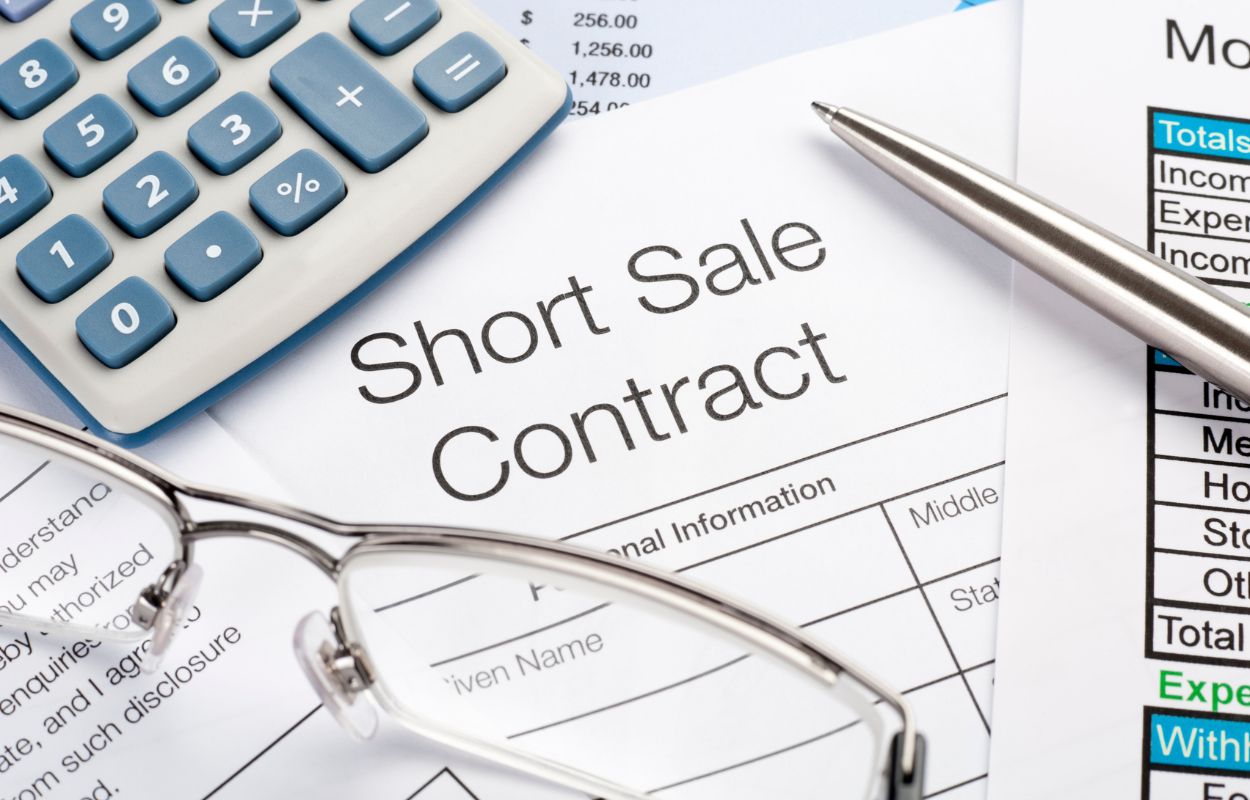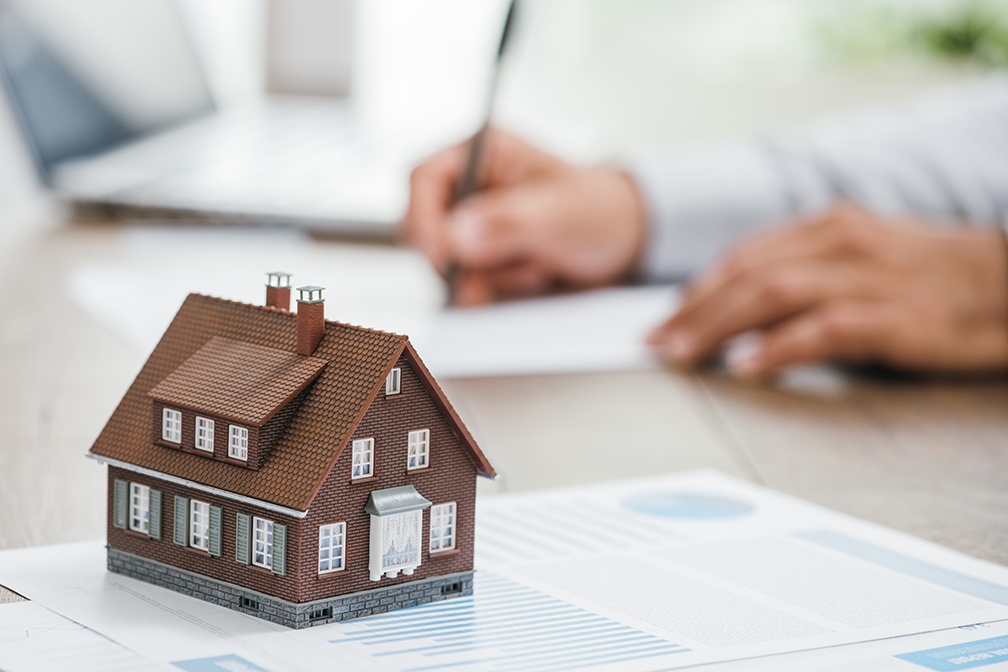The Ultimate Home Inspection Checklist for Informed Decisions
 Embarking on the journey to homeownership is an exciting venture, but it comes with its share of responsibilities. One crucial step in the process is a comprehensive home inspection. To ensure your dream home doesn’t turn into a nightmare, we’ve compiled the ultimate home inspection checklist. Armed with this guide, you’ll be equipped to make informed decisions, identify potential issues, and negotiate confidently before sealing the deal.
Embarking on the journey to homeownership is an exciting venture, but it comes with its share of responsibilities. One crucial step in the process is a comprehensive home inspection. To ensure your dream home doesn’t turn into a nightmare, we’ve compiled the ultimate home inspection checklist. Armed with this guide, you’ll be equipped to make informed decisions, identify potential issues, and negotiate confidently before sealing the deal.
Exterior Inspection:
- Roof condition and age
- Gutters and downspouts
- Siding and paint
- Windows and doors
- Foundation and grading
Structural Elements:
- Foundation integrity
- Walls, ceilings, and floors
- Attic and crawl spaces
- Load-bearing walls
Plumbing System:
- Water pressure
- Visible leaks
- Condition of pipes (visible and accessible)
- Functionality of faucets, sinks, toilets, and showers
Electrical System:
- Panel condition and capacity
- Presence of GFCI outlets
- Functionality of switches and outlets
- Wiring and visible connections
Heating, Ventilation, and Air Conditioning (HVAC):
- Furnace and air conditioning units
- Ductwork condition
- Filter replacement history
- Thermostat functionality
Interior Features:
- Appliance condition and age
- Flooring condition
- Walls and ceilings (look for signs of water damage)
- Functionality of doors and windows
Insulation and Energy Efficiency:
- Presence and condition of insulation
- Energy-efficient features (double-pane windows, etc.)
- Overall energy efficiency of the home
Pest and Mold Inspection:
- Signs of termites or other pests
- Presence of mold or mildew
- Condition of wood structures and beams
Environmental Factors:
- Radon testing (if applicable in your region)
- Asbestos inspection (for older homes)
- Lead-based paint assessment (for homes built before 1978)
Miscellaneous Checks:
- Garage condition
- Functionality of garage doors and openers
- Drainage around the property
- Overall safety features (smoke detectors, handrails, etc.)
Navigating the home inspection process armed with this comprehensive checklist empowers you to assess your potential home thoroughly. Remember, a well-informed buyer is a confident buyer. Use the insights gained from the inspection to negotiate repairs or adjustments to the sale price. By investing time in a thorough home inspection, you’re not just buying a house; you’re investing in a home where you can build a future.

 A short sale is a real estate transaction in which a homeowner sells their property for less than the outstanding mortgage balance. While this option can provide relief to homeowners facing financial hardships, it also comes with consequences that may affect their ability to buy another house in the future. We will explore the impact of a short sale on your credit, eligibility for a new mortgage, and the steps you can take to mitigate these effects.
A short sale is a real estate transaction in which a homeowner sells their property for less than the outstanding mortgage balance. While this option can provide relief to homeowners facing financial hardships, it also comes with consequences that may affect their ability to buy another house in the future. We will explore the impact of a short sale on your credit, eligibility for a new mortgage, and the steps you can take to mitigate these effects. If you own a home, you must make sure it is properly protected. Hazards can change throughout the year, and one of the biggest threats during the spring is the arrival of frequent thunderstorms. If your home is damaged by a severe storm, it might be covered by your homeowner’s insurance policy. You need to take a closer look at your policy to see if you have the right coverage.
If you own a home, you must make sure it is properly protected. Hazards can change throughout the year, and one of the biggest threats during the spring is the arrival of frequent thunderstorms. If your home is damaged by a severe storm, it might be covered by your homeowner’s insurance policy. You need to take a closer look at your policy to see if you have the right coverage. You were able to find a house and successfully close on it, so congratulations on becoming a homeowner! Then, you pause for a second and think: does your lender own your house? Some people believe that if they only put 20 percent down on a house, the lender actually owns the other 80 percent. Does this mean that your lender still owns a large portion of your house? This is not the case, but there are some caveats that you need to keep in mind.
You were able to find a house and successfully close on it, so congratulations on becoming a homeowner! Then, you pause for a second and think: does your lender own your house? Some people believe that if they only put 20 percent down on a house, the lender actually owns the other 80 percent. Does this mean that your lender still owns a large portion of your house? This is not the case, but there are some caveats that you need to keep in mind. During the past year, the housing market has been on fire. There are not a lot of houses for sale, many people are interested in moving, and there is a rising demand from the people who put off moving during the coronavirus pandemic. Furthermore, Millennial demand is picking up, which will only make the housing market even hotter. Recently, a survey found that approximately two-thirds of people who qualify for Generation Y are thinking about buying a home in the near future. Many of them have improving financial circumstances, and they are looking for a way to build wealth and settle down.
During the past year, the housing market has been on fire. There are not a lot of houses for sale, many people are interested in moving, and there is a rising demand from the people who put off moving during the coronavirus pandemic. Furthermore, Millennial demand is picking up, which will only make the housing market even hotter. Recently, a survey found that approximately two-thirds of people who qualify for Generation Y are thinking about buying a home in the near future. Many of them have improving financial circumstances, and they are looking for a way to build wealth and settle down.